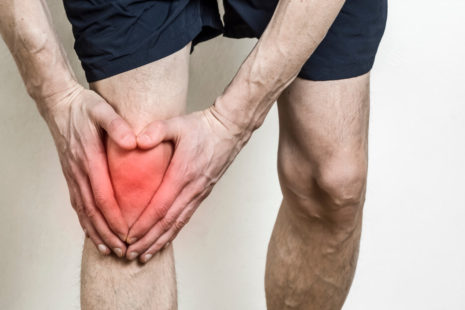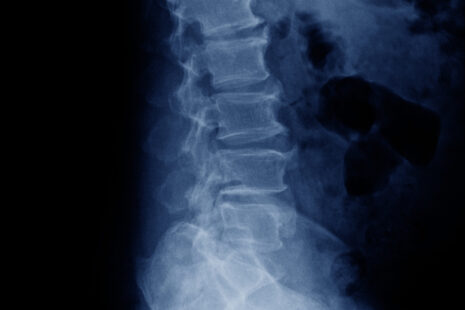Hip pain from sitting all day can be alleviated and prevented with some simple strategies.
Here are some tips to help relieve hip pain and discomfort caused by prolonged sitting…
- Take Frequent Breaks – Stand up and walk around for a few minutes every hour. This helps to reduce pressure on the hips and promotes better circulation.
- Hip Stretches – Perform gentle hip stretches to improve flexibility and reduce muscle tension. Some effective stretches include hip flexor stretches, piriformis stretches, and hip circles.
- Change Sitting Positions – Avoid sitting in the same position for extended periods. Shift your weight from one side to another or use a cushion or pillow to change the pressure points on your hips.
- Ergonomic Setup – Ensure your workstation is ergonomically designed to promote good posture and reduce strain on the hips. Adjust your chair height, use a lumbar support pillow, and position your computer screen at eye level.
- Use a Standing Desk – If possible, alternate between sitting and standing at your desk. Standing periodically can help relieve pressure on the hips and promote better posture.
- Hip Strengthening Exercises – Strengthening the muscles around the hips can provide better support and stability. Consider adding exercises like hip abductor and adductor exercises, bridges, and clamshells to your routine.
- Sit on a Stability Ball – Sitting on a stability ball can engage your core and hip muscles and encourage better posture.
- Apply Heat or Ice – Applying a heating pad or ice pack to the affected hip can help reduce inflammation and alleviate pain. Use them for 15-20 minutes at a time.
- Maintain a Healthy Weight – Excess weight can put extra stress on the hips, so maintaining a healthy weight can reduce the burden on your hip joints.
- Stay Active – Engage in regular physical activity and exercise to keep your hips and surrounding muscles strong and flexible.
- Avoid Crossing Legs – Crossing your legs can put a strain on the hip joints. Try to keep both feet flat on the floor while sitting.
If your hip pain persists or worsens despite trying these strategies, it’s necessary to seek medical evaluation to identify the underlying cause and receive appropriate treatment. A healthcare professional, such as a doctor or physical therapist, can provide a proper diagnosis and recommend personalized interventions to address your hip pain effectively.




